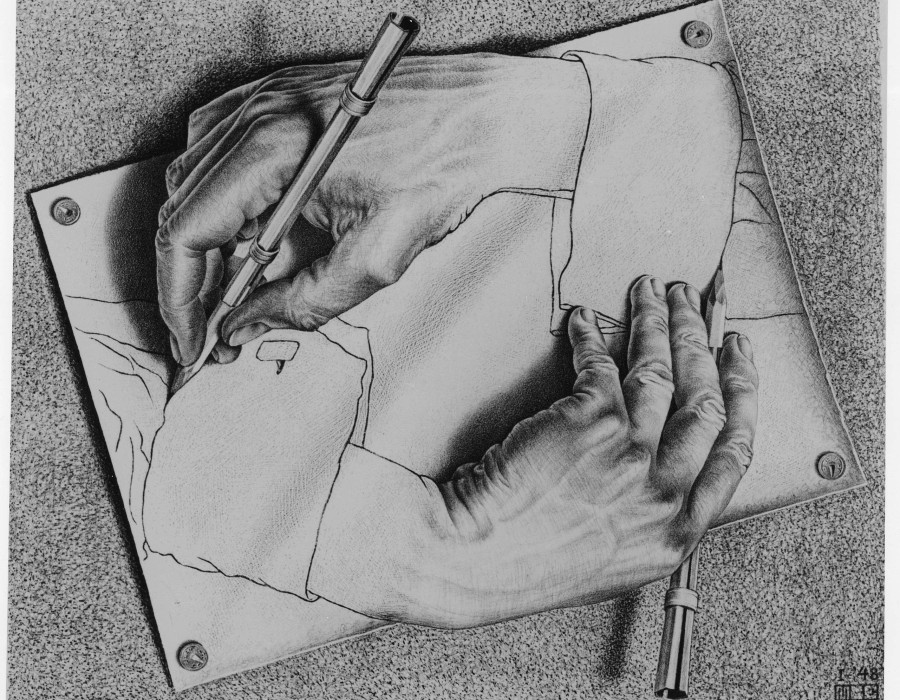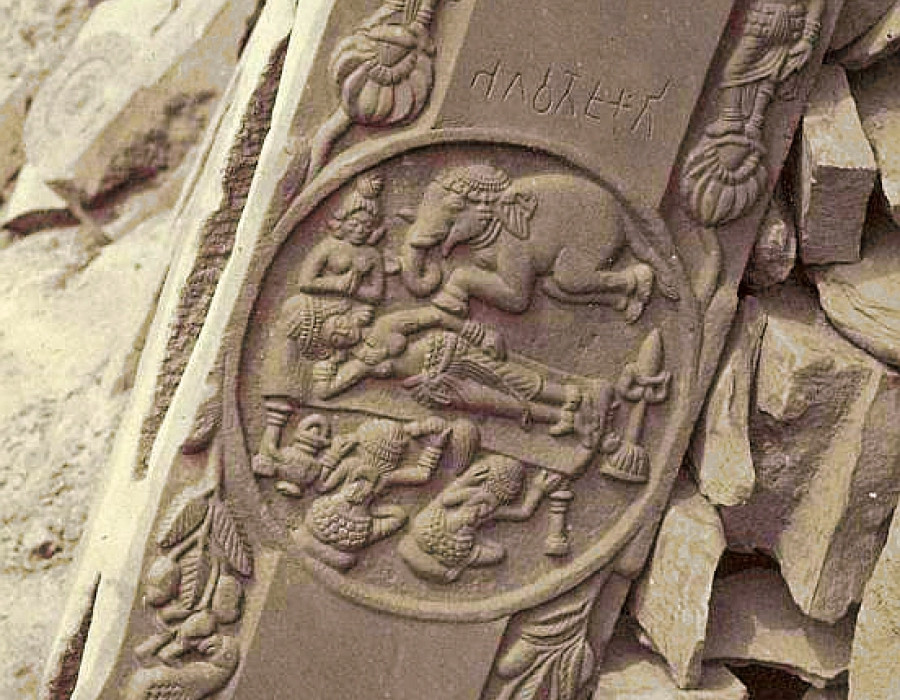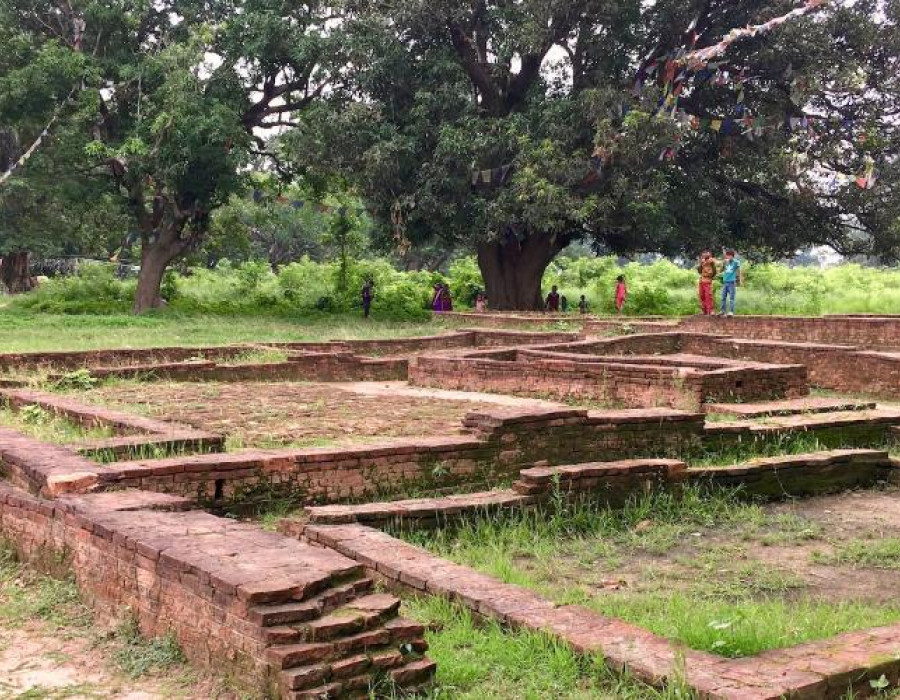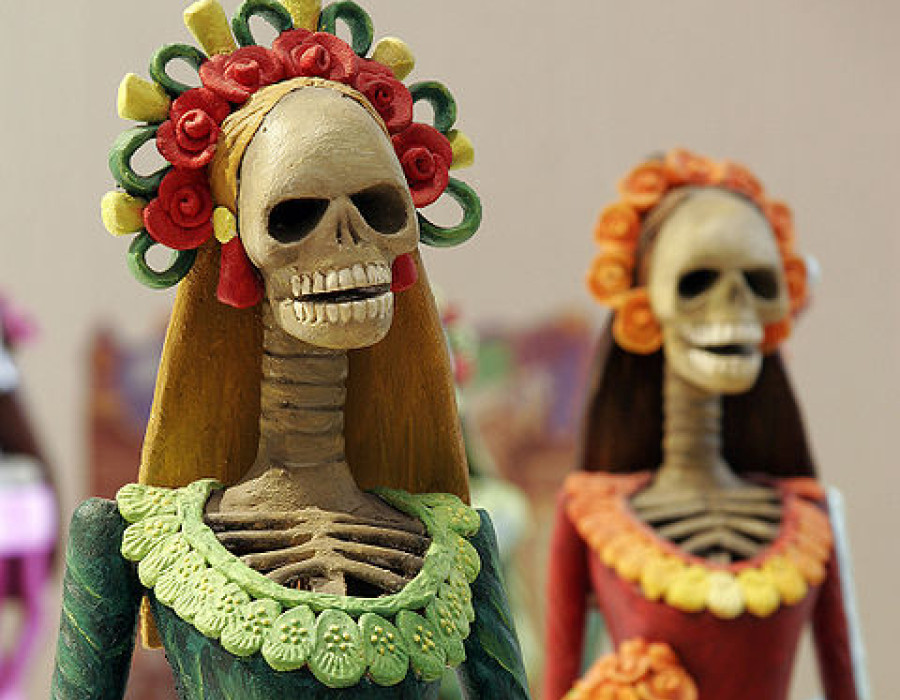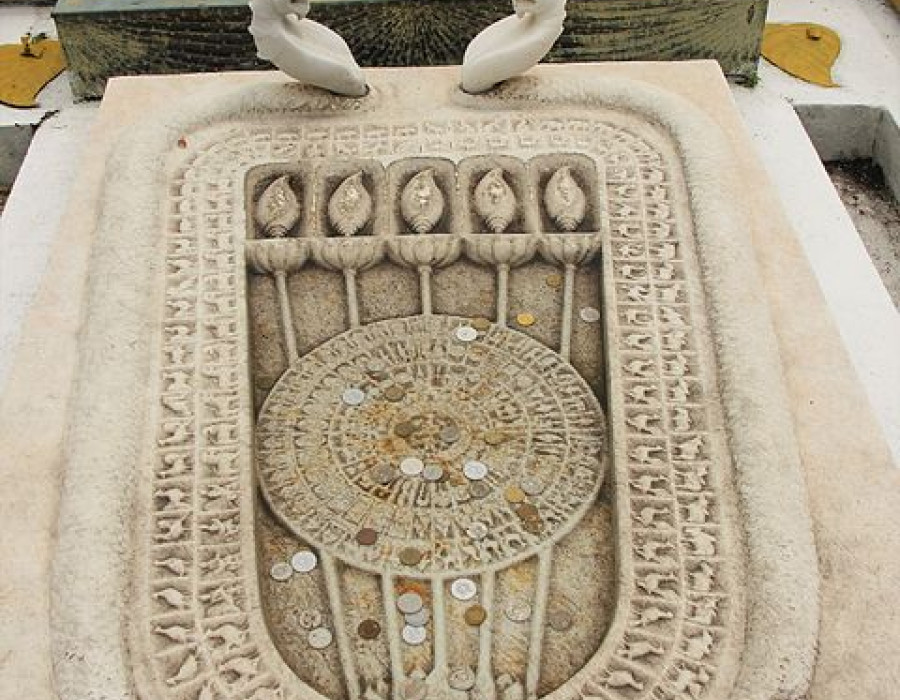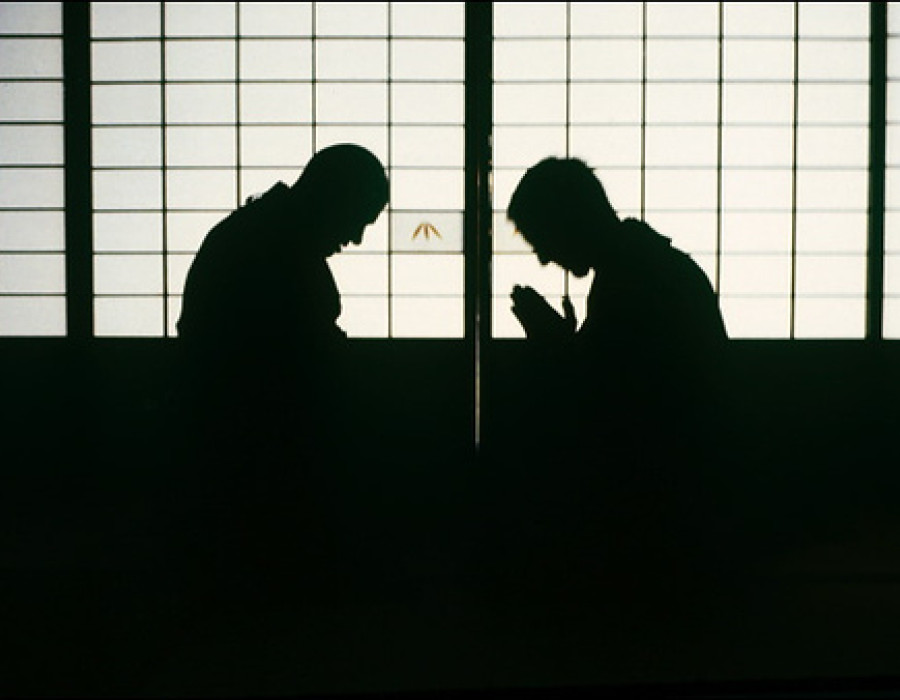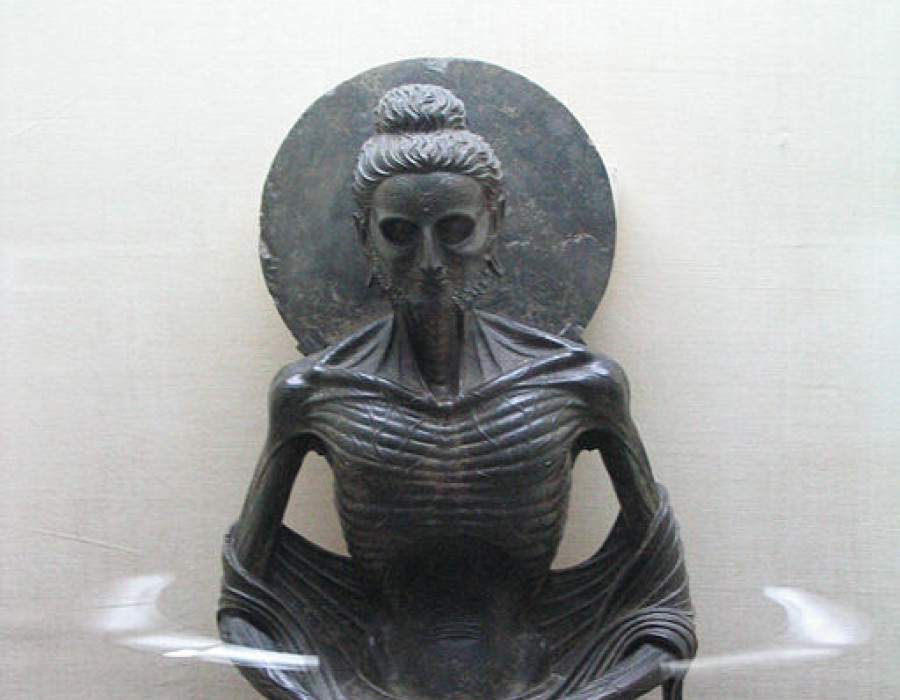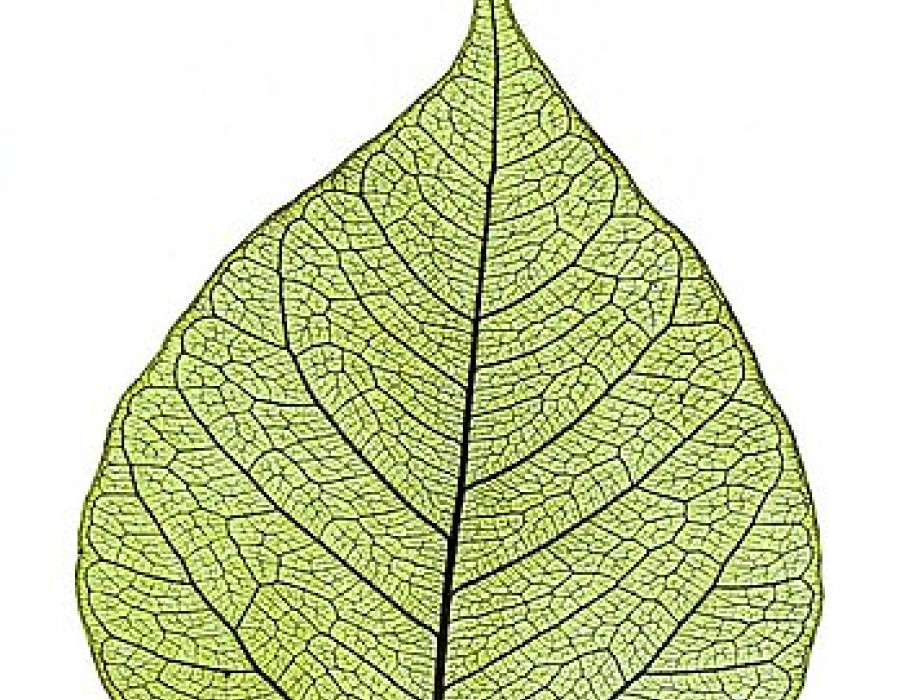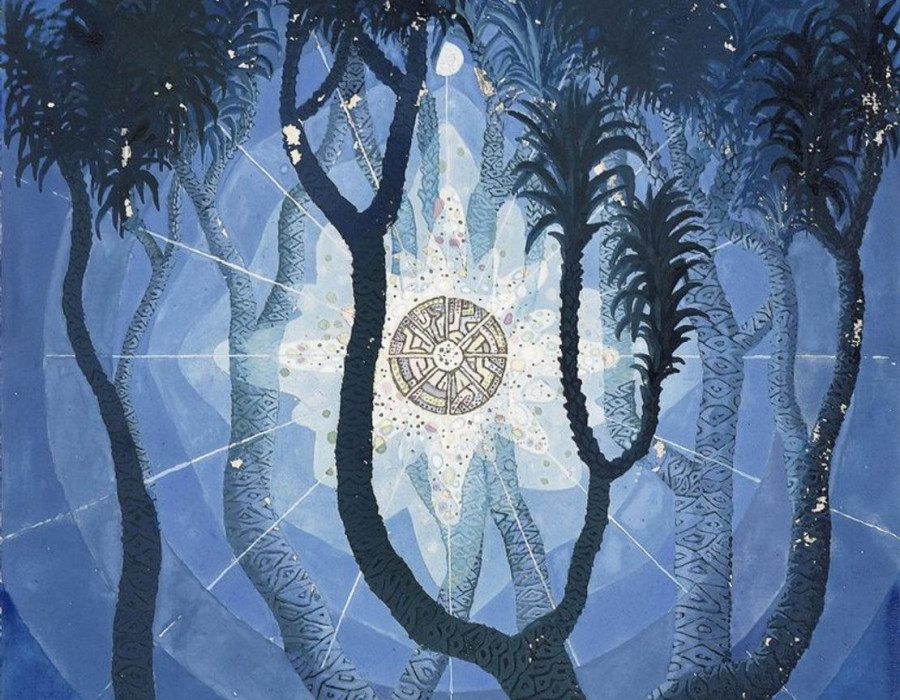
Martin Goodson
Life in the Palace - From Miraculous Birth to the Buddha's Enlightenment
Childhood - the 'age of innocence' - is a protected period where our identity is formed. But sooner or later this bubble is ruptured, an event that can arise due to the inner prompting of the Heart's own nature.
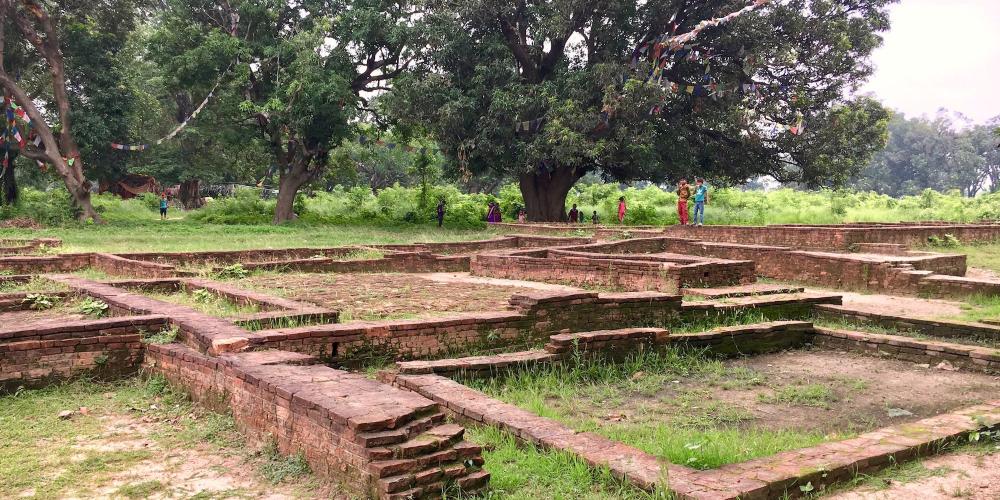
The ancient city of Kapilavastu was the capital of the Sakya Kingdom, of which Buddha was once a prince
Once the Queen brought the baby back to the palace a wise man called Atisha was consulted on the future destiny of the child. Atisha’s forecast was that there were two possible destinies for the child. Either he would be a Great World Ruler or a religious teacher.
King Suddhodana wanted more than anything else for his son to follow in his own footsteps and was advised that if he wanted to avoid the boy turning to the religious life to keep him in the palace, so as to avoid any disappointments that could turn his head towards the spiritual life.
Therefore the boy was raised to be a future king with all that an education could bring him at that time. He was greatly skilled and had many gifts as well as a kind temperament. And although his father gave him all he could want he was not allowed to set foot outside the palace.
As was the custom, he married when young the lovely Yasodhara, who bore a son whom they called Rahula.
But Prince Gautama was restless and wanted to see what lay beyond the palace. He made a request to his father to be allowed to go outside. At first his father was reluctant but after much insistence by his son, he relented and hatched a plan to ensure that all would go smoothly….
We call childhood the age of innocence, and although this is a somewhat rosy view there is recognition that a human child must be protected, cared for and nurtured for a number of years so that the vicissitudes of the world do not overwhelm.
Ideally, we are not exposed too early to the full impact of the world’s suffering so as to avoid too much trauma. In this way our own childhoods are akin to Prince Guatama’s own palace home. Our needs are catered for and we learn our way, gradually acclimatising ourselves to this world so that we become fully functioning adult members of society.
In this way we can see this stage of Gautama’s life as our own childhood writ large.
But to stay in this state is no good either. Learning to cope with real life full-on is part of the maturation process and is lifelong. If we are shielded too much or cannot make the break then we risk not being able to stand on our own two feet and never discover the strength of our own autonomy.
However, there is one further thing to recognise from this part of the life-story. Even when we become adults, we have a tendency to keep creating such palaces within which we can live our lives. Here we have our comfort zones, our affirmations, our friends and family, which for better or worse give us a sense of identity. What happens when life interrupts this self-made bubble? What happens when that relationship breaks down or the boss tells us that we are to be ‘let go’ or the doctor looks gravely at us and says there is some bad news?
No matter how protected we may feel, in each and every life some such event or events will undoubtedly occur.

